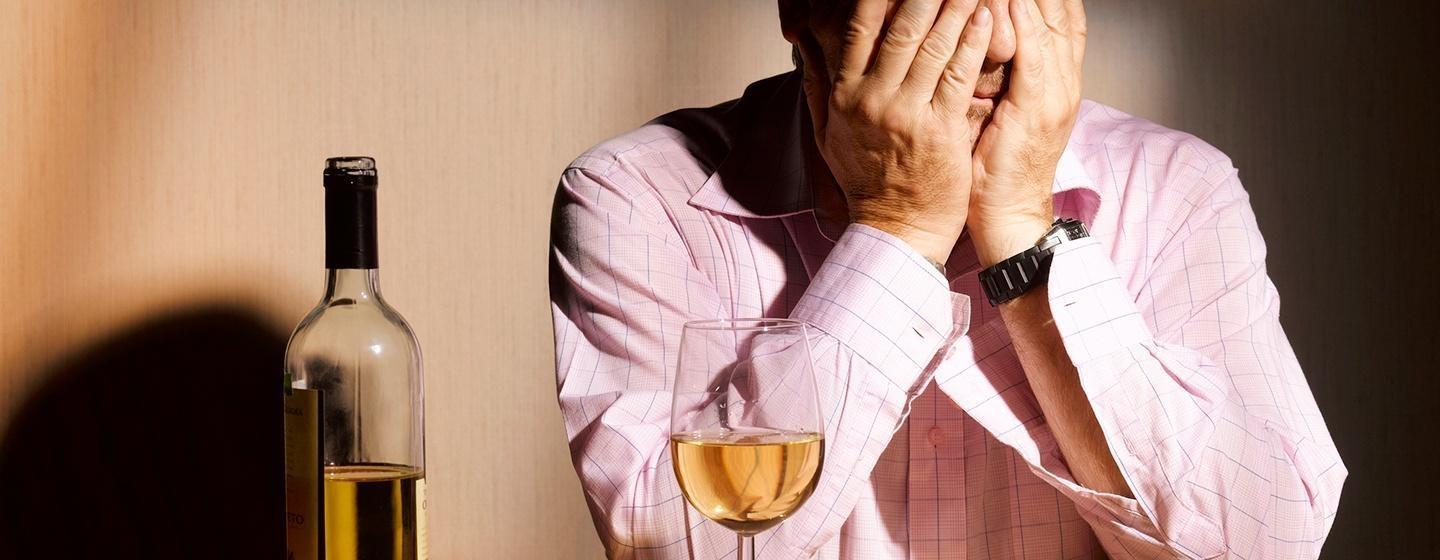Study by NC Research Group Finds Pandemic is Driving People to Drink More


People are travelling less often. Employees are working from home and attending Zoom meetings. Students attend virtual classes. Shopping has moved online. Movie theaters are dark and streaming services are filling television screens.
These are just a few examples of how the COVID-19 pandemic has upended daily life. And a new study shows that all of those changes and the stress that comes with them have alcohol sales surging across the country as adults are drinking more to cope.
The study was conducted in June, 2020, by RTI International, a nonprofit research institute in Research Triangle Park. The report was based on findings from an online survey of 1,000 adults asking whether their alcohol consumption had increased between February and April.
The survey took into account the shelter-in-place guidelines that states across the country started to implement in March in an attempt to reduce the spread of COVID-19.
Researchers say that on average respondents upped their daily alcohol intake from 0.74 drinks in February to 0.94 in April.
“It appears the drinking levels increased because people had more leisure time and they were stressed about the coronavirus pandemic,” said Carolina Barbosa, a health economist at RTI. “After the enactment of stay-at-home orders in many states and the relaxation of several state alcohol regulations, alcohol consumption, including drinking above the recommended guidelines and binge drinking, increased.”
About 35% reported excessive drinking in April, compared to 29% in February, and 27% reported binge drinking. The survey did not differentiate between different types of alcohol.
For the survey, RTI followed the definitions of “excessive drinking” set forth by The National Institute on Alcohol Abuse and Alcoholism. The institute recommends women do not consume more than three drinks per day and seven drinks per week. For men, the institute recommends no more than four drinks per day and 14 drinks per week.
RTI defined binge drinking as a man consuming more than four drinks in two hours and a woman consuming over three in the same time frame.
A closer look at the numbers shows women drinking more than men, the unemployed drinking more than people with jobs, and those with children in the home drinking more than those without children.
“Respondents with kids reported an increase in drinks per day that was more than four times as large on average than the subgroup without kids,” said William Dowd, a research economist at RTI.
The survey coincides with a reported 26 percent nationwide increase in alcohol sales between March and June this year, compared to the same period last year. These sales numbers are reported by Nielsen.
Researchers say the big question is whether those relaxed rules on alcohol sales will become permanent, because that has the potential to increase population-level alcohol consumption as well as create some potential health concerns.
Alcohol consumption has been shown to weaken the immune system, contribute to diabetes and liver problems, and make people more susceptible to COVID-19.